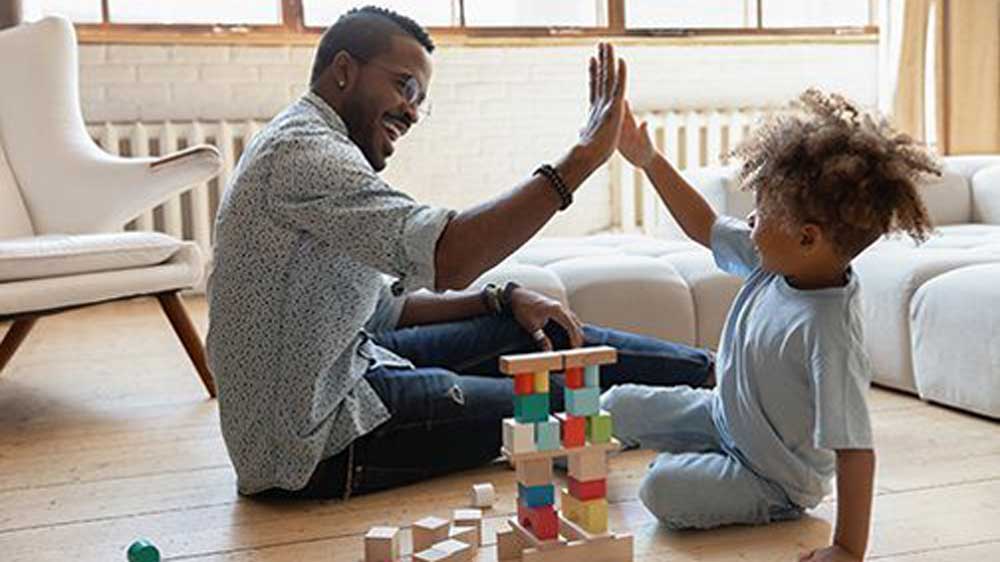
Words have a significant impact on humans, and with children, words of encouragement and praise can lead to achieving milestones and creating self-value.
A compliment, a gesture, a facial expression, a simple hug or a high-five can generate self-worth and pride in children. As children grow older, gaining approval from a parent or guardian becomes very important in their lives.
[ad]
When you praise your children right, they learn who they are and that the things they do are pleasing to their parents and caregivers. Children develop a personal sense of self-worth and self-esteem. Children who believe they have self-worth go on to treat themselves and others positively.
Also, children with positive self-worth tend to make better grades in school, do not get discouraged easily and have more productive lives overall.
However, praise and appreciation if offered at the wrong time or in the wrong way will have a negative effect on children. When you overdo praises, it ends up having the opposite impact on children, and they will lose the motivation to do any task.
There are some praises that are more relevant and effective than others. Praise with the wrong words can reduce their interest in taking on new challenging tasks and lower their chances of being successful. But when used effectively, praises can help improve your child’s behaviour issues.
Here are a few effective tips that can help you praise your child the right way:
Be specific. Instead of praising your children with generic statements like ‘very nice!’ get specific so they can understand what they did to deserve the praise. The more specific you get, the more they would be able to learn from it and possibly repeat it. So, if they have cleaned their room and put away their toys, you can say, ‘wow, your room looks very nice. It’s great to see that you have put away all your toys by yourself!’
[ad]
If you want your child to be brave, kind and responsible by his or her very nature, then you need to focus on character. Praise your child by describing his or her good qualities and saying something like, ‘You are a kind person who always shares your toys’ or ‘you are a brave child who does not get scared of dogs’. This way, by affirming the quality repeatedly, you basically reinforce these positive virtues in his or her character.
If you have seen your child working hard on anything, do not skip praising him or her for his efforts. Remember, the praise should be for the efforts that the child has poured in and not for the outcome. For instance, if your child has played his best yet lost in the finals of badminton, try saying, ‘I am so proud of you for your dedication to the game and giving your best shot’. When you praise your children for their efforts, it motivates them further and passes on the message to them that you believe in them.
Always remember that the best praises are those that are genuine, realistic and well deserved. Your praise is most effective to your child when you deliver it for his or her praise-worthy behaviour. Keep in mind that your praises for your children hold the power of making or breaking their intrinsic motivation.
Positive reinforcement and praise will condition a child to repeat the praised behaviour and is a positive tool to use when children are learning new skills, subjects and practices.
[ad]


